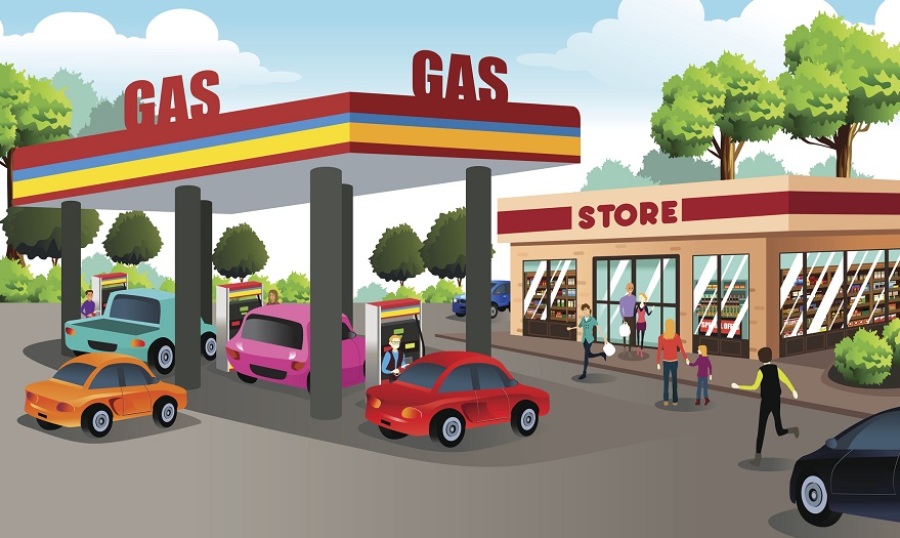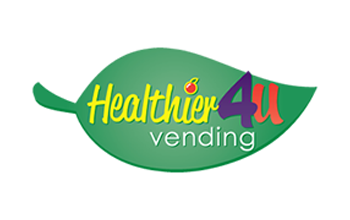
The biggest franchise system—by number of units—isn’t McDonald’s; it’s 7-Eleven. The convenience store franchise that got its start as part of the Southland Ice Company in the late 1920s, then operated under the name “Tote’m Stores” for a while, now boasts well over 85,000 locations worldwide. (The name changed to 7-Eleven following World War II.)
Hottest Food Business Opportunities for Sale

Healthier 4U Vending
Superior machine quality, complete hands-on training, & cutting edge locating services make Healthier 4U the choice 4U!

Coffee Vending
Coffee Vending enables anyone to become an overnight entrepreneur and launch a profitable coffee vending business.
Types of 7-Eleven Franchises
Per the company’s Franchise Disclosure Document (FDD), there are two types of 7-Eleven franchises:
- A traditional 7-Eleven store where the franchisor offers franchises for a single site that it owns or leases.
- The Business Conversion Program (BCP) franchise, where the franchisee is responsible for acquiring the land and building for a store site and pays a different royalty than traditional franchisees. The franchisee of a BCP is also subject to a different disclosure document than the franchisee of a traditional store.
Requirements to Be a 7-Eleven Franchisee
To become a 7-Eleven franchisee, interested parties have to satisfy several requirements. They include, but aren’t limited to:
- Be at least 21 years old and have U.S. citizenship or permanent residency.
- Be able to obtain and maintain all licenses necessary for the store operation.
- Have excellent credit and not have filed for bankruptcy within the last seven years.
- Have no prior record of felony convictions or other criminal record that could impact the ability to operate a store.
- Understand the need to be involved in the day-to-day operation of the store.
- Retail, operations or management experience.
- Pass the required assessments.
The Cost of a 7-Eleven Franchise
And that’s before the financial requirements. The estimated financial range for setting up and operating a new, traditional 7-Eleven store in the United States for the first three months ranges from $142,150 to $1,627,710.
The estimate is given by 7-Eleven and is based off of its years of experience in franchising its system. The data in the chart below comes from 7-Eleven's 2025 Franchise Disclosure Document (FDD).
| Name of Fee | Low | High |
| Initial Franchise Fee | $0 | $1,100,000 |
| Training Expenses | $0 | $13,650 |
| Down Payment for Opening Inventory | $20,000 | $20,000 |
| Additional Opening Inventory | $42,000 | $240,000 |
| Cash Register Fund | $2,500 | $15,360 |
| Store Supplies | $1,000 | $3,700 |
| Licenses and Permits | $7,150 | $11,000 |
| Real Estate and Equipment | Covered in “7-Eleven Charge” (see FDD for more detail). | |
| Insurance | $1,500 | $36,000 |
| Grand Opening Fee | $8,000 | $8,000 |
| Goodwill | Only applicable to incoming franchisee’s buying a current franchisee’s interest in a franchise. | |
| Additional Funds During the First 3 Months | $60,000 | $180,000 |
| ESTIMATED TOTAL | $142,150 | $1,627,710 |
How Much is the 7-Eleven Franchise Fee?
For 7-Eleven, the franchise fee ranges from $0 to $1,100,000. According to 7-Eleven, its franchise fee is "determined for each store depending on a number of factors, including, but not limited to, historical sales at the location, age of the location, the number of stores available for franchise in the area, and many other factors."
The franchise fee serves as a cover charge for entry into a franchise system, and for taking advantage of the expertise the franchisor has acquired. It typically covers the right to use the franchisor’s system (including trademarks and operating system), and services the franchisor provides to franchisees like help finding a location, training materials, etc.
Other Monetary Requirements to Own a 7-Eleven Franchise
Beyond the money required to open the restaurant, 7-Eleven also requires prospective franchisees to have liquid assets of between $50,000 and $250,000. The liquid assets requirement is the amount of money a franchisor requires a franchisee have in savings and be able to access quickly in case of emergencies and unexpected situations when starting the business. It also accounts for regular living expenses until the franchise unit begins turning a profit large enough for the franchisee to garner an adequate take home wage.
As with all franchise purchases, you should review the figures you obtain from the franchisor carefully with a professional business advisor before making the final decision to purchase the franchise.
—
For more details on the costs of a 7-Eleven franchise, please see our 7-Eleven's FDD page. To explore other related franchise options, browse our food and grocery retail opportunities page.















